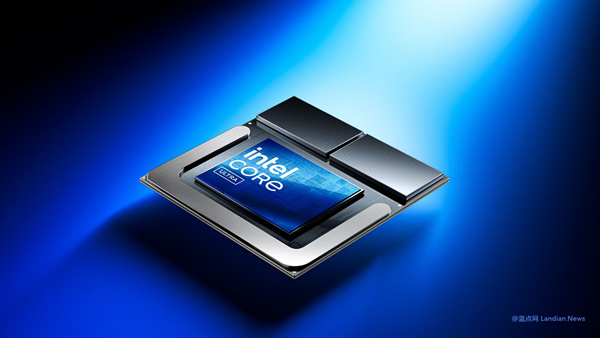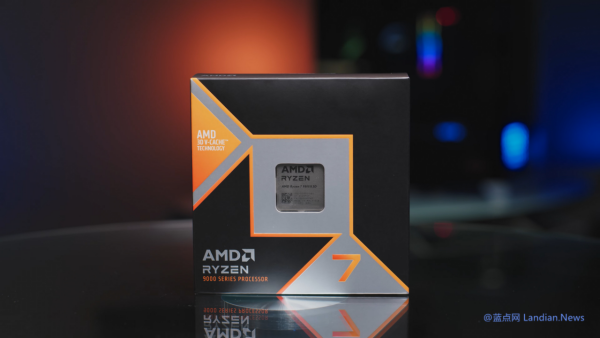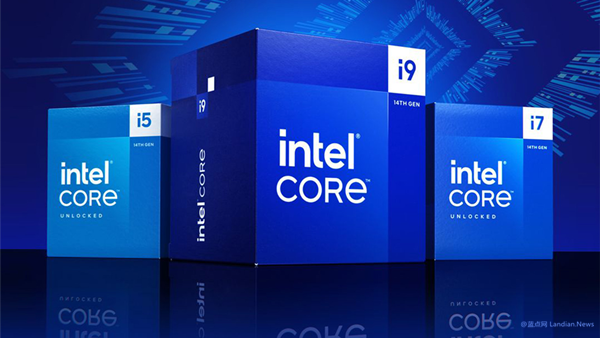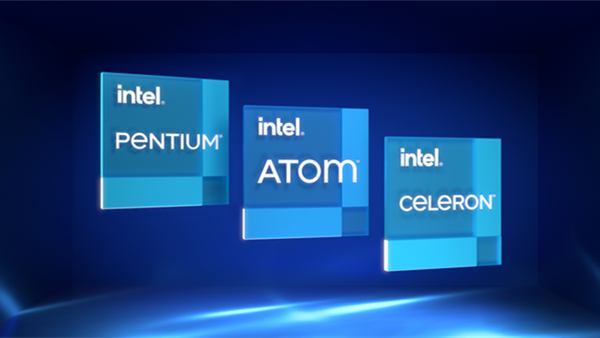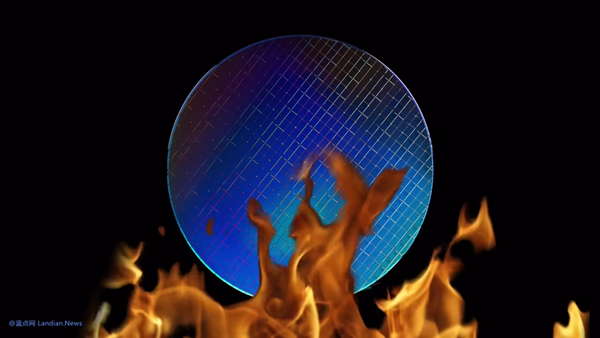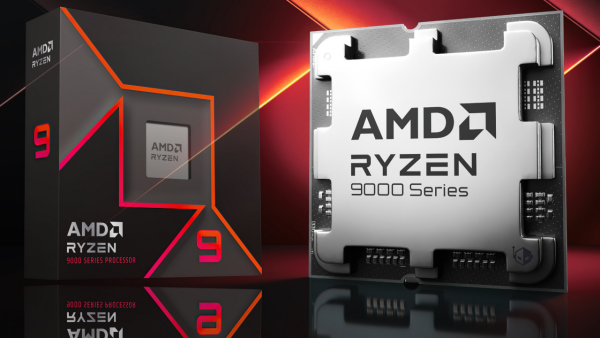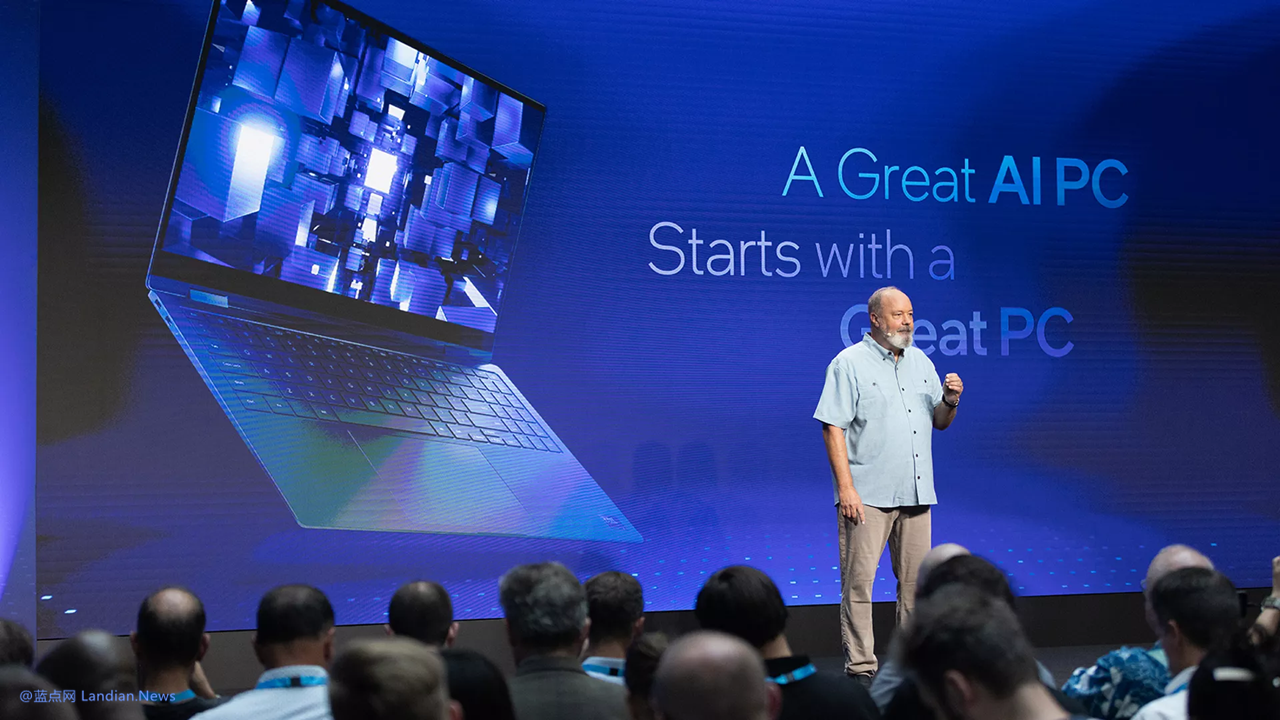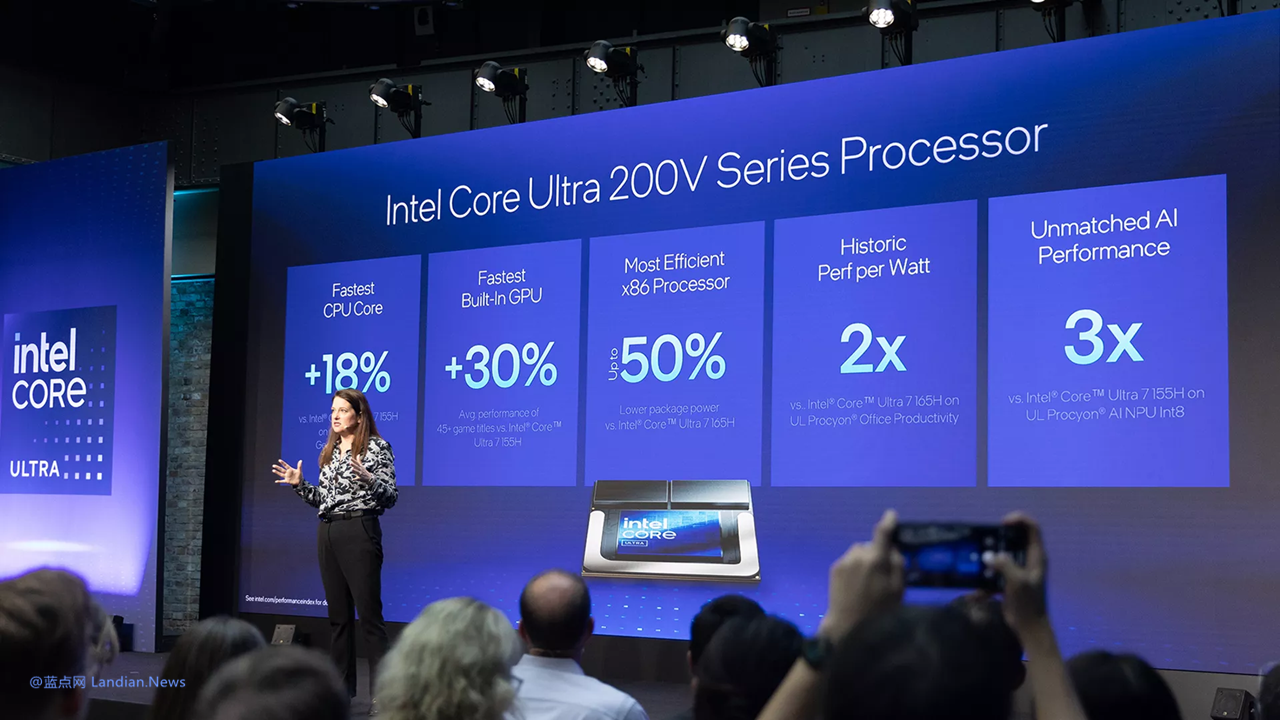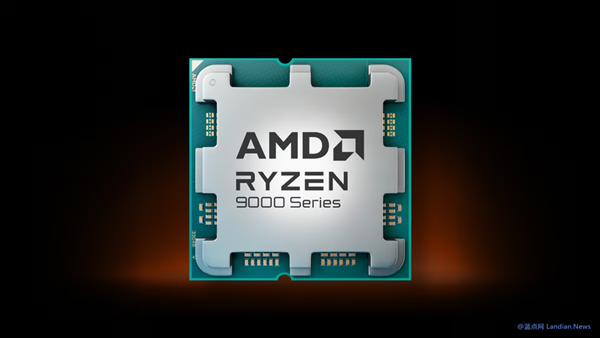Intel Finally Identifies the Root Cause of 13th/14th Gen CPU Crashes: Users Advised to Contact Support for Replacement
After nearly a year of investigation, Intel has finally determined why their 13th and 14th generation desktop processors can become unstable or even crash under certain circumstances. These issues, which significantly impair the normal user experience, tend to occur while playing games or executing high-load tasks.
Initially, Intel pointed the finger at motherboard manufacturers for prioritizing performance over Intel’s power delivery recommendations, leading to the release of a new BIOS update aimed at reverting power-related changes back to Intel's advised settings.
However, Intel has now disclosed that the real culprit behind these issues is erroneous CPU microcode, which causes the CPUs to request higher voltage levels, forcing the processor to operate outside of safe parameters. This, in turn, leads to instability and frequent crashes, often resulting in the dreaded blue screen of death for users.
To address this issue, Intel plans to roll out a new BIOS update and microcode revision in August. These updates will be distributed through motherboard manufacturers and Windows 10/11 system updates, so the availability of the microcode update may vary for users.
Permanent and Irreversible Performance Degradation:
Intel also revealed that this issue could lead to a permanent and irreversible decline in the performance of affected processors. The microcode patch cannot repair processors that have already crashed but can prevent unaffected processors from experiencing this issue.
Why is there an irreversible performance decline? It's likely that the previously incorrect settings caused the CPU to operate at excessively high voltages, resulting in some level of damage. Intel is urging customers experiencing these problems to contact their support team, with a promise to replace the CPUs of affected customers.
Will the Microcode Update Impact Performance?
Intel is still testing the microcode update and has not yet disclosed whether installing the update will affect the peak performance of the processors. The impact on performance will only be determined after the microcode update is released and tested.
However, even if there is a performance impact, users will have no choice but to install the microcode update. Failing to do so could lead to unstable CPU behavior and even further irreversible damage, potentially leading to more severe issues down the line.


